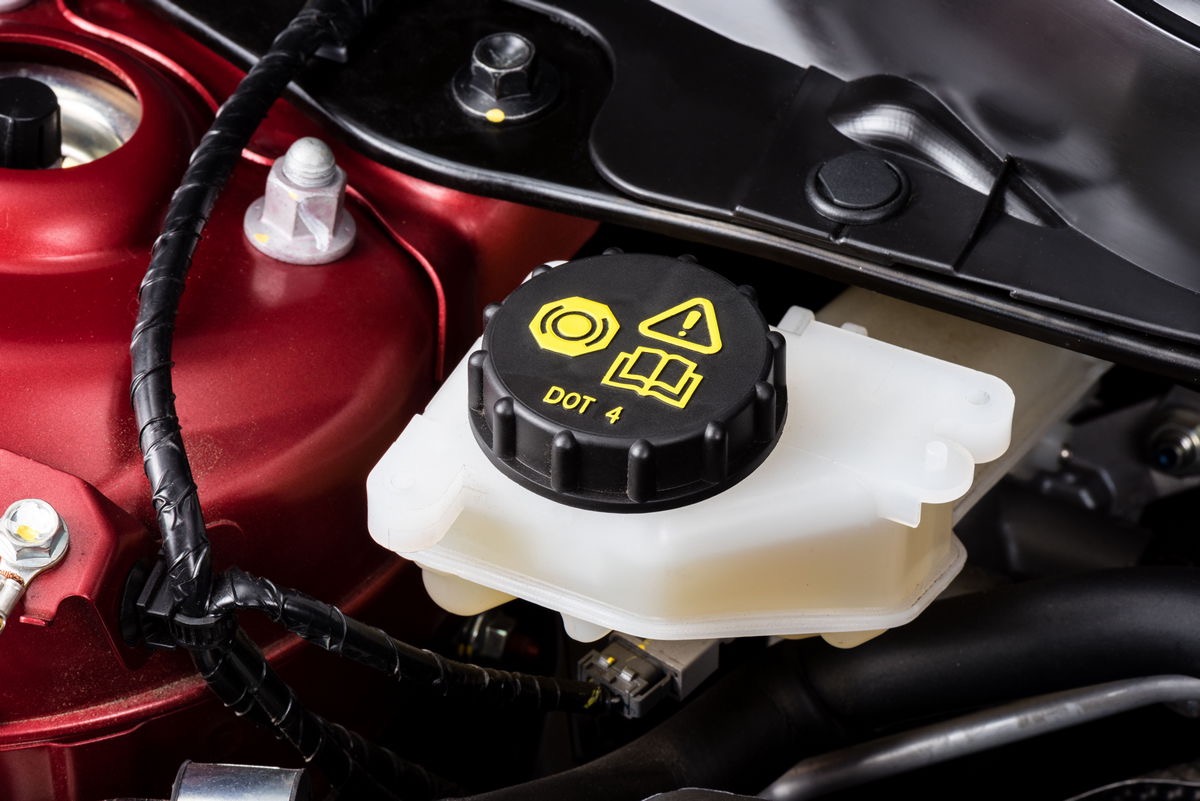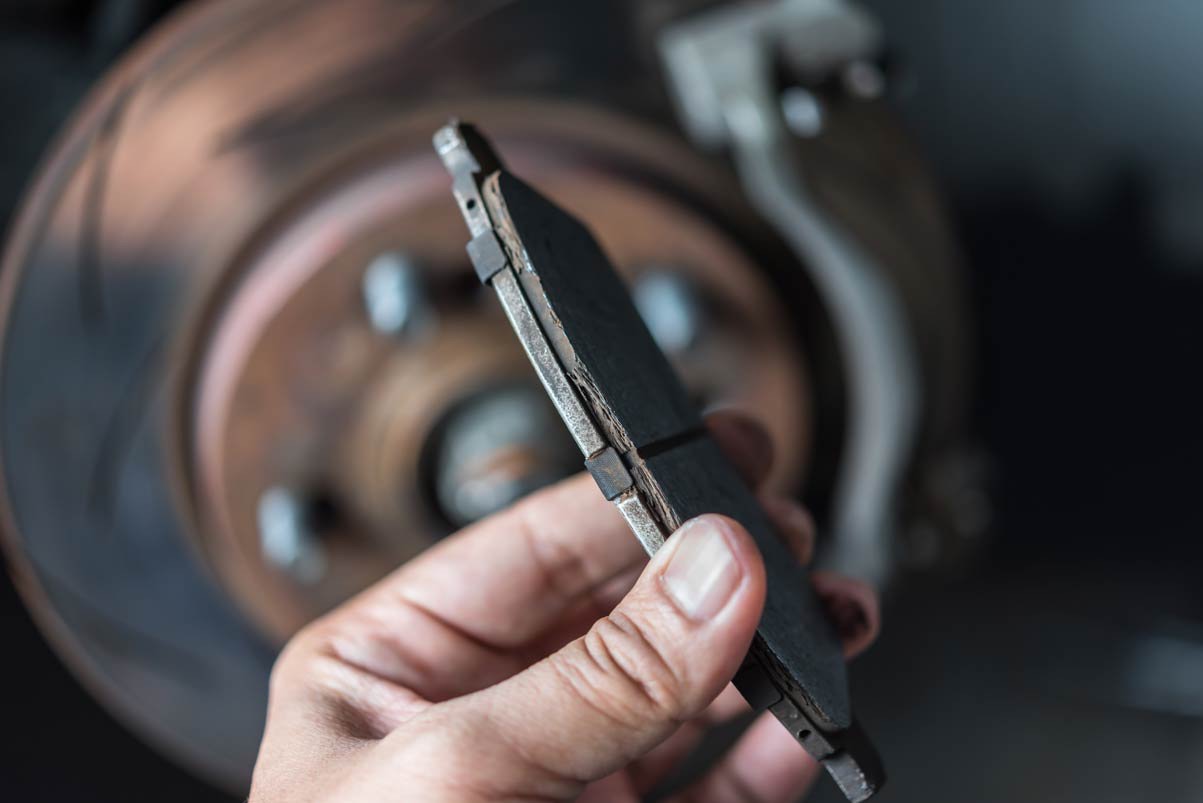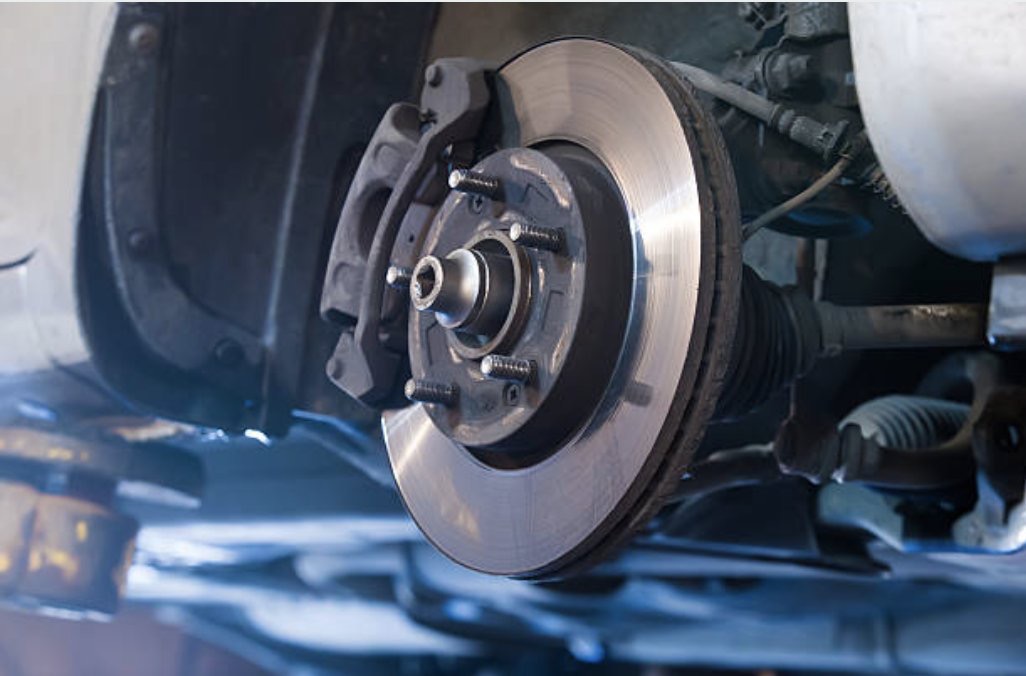Brake Fluid
A brake fluid change is normally carried out due to the brake fluid naturally absorbing moisture which happens over a period of time, giving you a spongy brake pedal, which can cause corrosion of the internal parts of the braking system and loss of efficiency.
Manufacturers recommend the brake fluid to be change every other year, here at Charminster Garage we automatically check the brake fluid using a hydroscope for water content during all our service schedules.
If you are unsure whether your brake fluid has been changed, contact Charminster garage and we will be happy to test your vehicle.





